LOS ANGELES, U.S.: To this day, there is no clinical procedure to treat or stop loss of jawbone tissue, a potentially deadly side effect that can occur after treatment with bisphosphonates. Researchers from the University of California, Los Angeles (UCLA) and the University of Southern California are trying to tackle the issue and have collaborated in a study that could potentially prevent patients treated for cancer or osteoporosis from experiencing jawbone damage as a result of oral surgery.
Currently, bisphosphonates are used to treat patients who have bone cancer or osteoporosis. These drugs bind to the skeleton for months or even years after the initial treatment and prevent bone density loss. However, in some cases, cancer patients who receive high doses of the drug during treatment experience side effects such as jaw damage or painful and chronic inflammation and infection as a result of routine oral surgery or a common oral procedure. This, in turn, can lead to the loss of jawbone tissue.
“When being treated for cancer, the infusion of the high-dose bisphosphonate drug is an important tool to control bone pain and osteolysis in patients with cancers,” said Dr. Ichiro Nishimura, Professor of Prosthodontics at the UCLA School of Dentistry and a member of the UCLA Jonsson Comprehensive Cancer Center. “These are cancers that originate in bone marrow, such as multiple myeloma, or that have metastasized to the skeleton, such as from breast and prostate cancers. The presence of this bisphosphonate represents a significant risk, particularly following needed routine dental surgery,” he concluded.
The researchers were able to remove the bisphosphonate drugs from the jawbone by injecting another kind of bisphosphonate compound that is inert and does not produce a pharmacological effect. Using the technique, they were able to displace the bisphosphonate drug bound to the jawbone’s surface in the in vivo model. The research team is hoping that the technique will allow bisphosphonate to remain bound to the remainder of the skeleton and continue to prevent bone loss while being displaced from the jawbone and clearing the way for oral surgery.
The study, titled “Rescue bisphosphonate treatment of alveolar bone improves extraction socket healing and reduces osteonecrosis in zoledronate-treated mice,” was published in the June 2019 issue of Bone.
Tags:
NEW YORK, US: Oral tumours can cause agonising pain and thus greatly impair the quality of life of patients. Researchers from the New York University ...
COLUMBUS, Ohio, USA: As previous laboratory studies have suggested that dietary administration of whole strawberries has substantial potential as a strategy...
LONDON, UK: Factors such as glucose metabolism, nutrition, oxidative stress and ageing drive periodontal progression. However, current periodontal ...
CAMBRIDGE, Mass., U.S.: Hydrogen embrittlement causes sudden, costly failures of metal components across a wide range of industries. Researchers from the ...
LOS ANGELES, U.S.: Owing to its considerable benefits, including being minimally invasive, robot-assisted surgery is gaining increasing recognition in many ...
PUNE, India: According to the World Cancer Research Fund International, cancer of the oral cavity is one of the most common types of cancer worldwide, with ...
PORTOVIEJO, Ecuador: The application of the concept of osseointegration revolutionised the treatment of edentulous patients. However, as applications ...
HELSINKI, Finland: Human papillomavirus (HPV) causes roughly 2% of oral cavity or laryngeal cancers and 31% of oropharyngeal cancers, according to a Lancet ...
BUFFALO, N.Y., U.S.: University at Buffalo (UB) researchers have received part of a $1.5 million grant to investigate light therapy as a possible ...
Birmingham, Ala., U.S.: The University of Alabama at Birmingham (UAB) recently completed a surgical procedure in the jaw area of a patient—which would ...
Live webinar
Tue. 3 March 2026
8:00 pm EST (New York)
Dr. Vasiliki Maseli DDS, MS, EdM
Live webinar
Wed. 4 March 2026
12:00 pm EST (New York)
Munther Sulieman LDS RCS (Eng) BDS (Lond) MSc PhD
Live webinar
Wed. 4 March 2026
1:00 pm EST (New York)
Live webinar
Wed. 4 March 2026
8:30 pm EST (New York)
Lancette VanGuilder BS, RDH, PHEDH, CEAS, FADHA
Live webinar
Fri. 6 March 2026
3:00 am EST (New York)
Live webinar
Tue. 10 March 2026
4:00 am EST (New York)
Assoc. Prof. Aaron Davis, Prof. Sarah Baker
Live webinar
Tue. 10 March 2026
8:00 pm EST (New York)
Dr. Vasiliki Maseli DDS, MS, EdM



 Austria / Österreich
Austria / Österreich
 Bosnia and Herzegovina / Босна и Херцеговина
Bosnia and Herzegovina / Босна и Херцеговина
 Bulgaria / България
Bulgaria / България
 Croatia / Hrvatska
Croatia / Hrvatska
 Czech Republic & Slovakia / Česká republika & Slovensko
Czech Republic & Slovakia / Česká republika & Slovensko
 France / France
France / France
 Germany / Deutschland
Germany / Deutschland
 Greece / ΕΛΛΑΔΑ
Greece / ΕΛΛΑΔΑ
 Hungary / Hungary
Hungary / Hungary
 Italy / Italia
Italy / Italia
 Netherlands / Nederland
Netherlands / Nederland
 Nordic / Nordic
Nordic / Nordic
 Poland / Polska
Poland / Polska
 Portugal / Portugal
Portugal / Portugal
 Romania & Moldova / România & Moldova
Romania & Moldova / România & Moldova
 Slovenia / Slovenija
Slovenia / Slovenija
 Serbia & Montenegro / Србија и Црна Гора
Serbia & Montenegro / Србија и Црна Гора
 Spain / España
Spain / España
 Switzerland / Schweiz
Switzerland / Schweiz
 Turkey / Türkiye
Turkey / Türkiye
 UK & Ireland / UK & Ireland
UK & Ireland / UK & Ireland
 Brazil / Brasil
Brazil / Brasil
 Canada / Canada
Canada / Canada
 Latin America / Latinoamérica
Latin America / Latinoamérica
 USA / USA
USA / USA
 China / 中国
China / 中国
 India / भारत गणराज्य
India / भारत गणराज्य
 Pakistan / Pākistān
Pakistan / Pākistān
 Vietnam / Việt Nam
Vietnam / Việt Nam
 ASEAN / ASEAN
ASEAN / ASEAN
 Israel / מְדִינַת יִשְׂרָאֵל
Israel / מְדִינַת יִשְׂרָאֵל
 Algeria, Morocco & Tunisia / الجزائر والمغرب وتونس
Algeria, Morocco & Tunisia / الجزائر والمغرب وتونس
 Middle East / Middle East
Middle East / Middle East
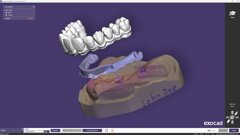


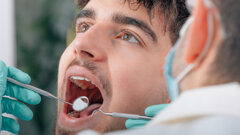
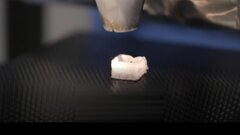
















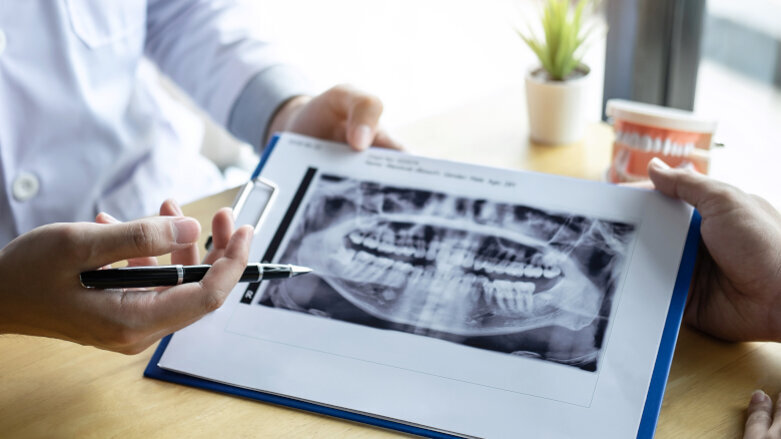





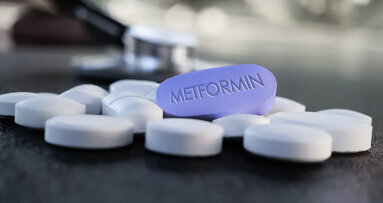
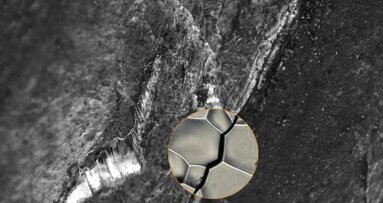
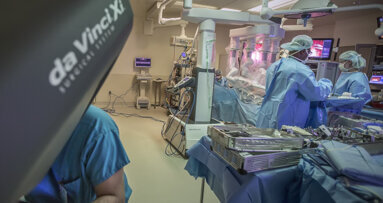



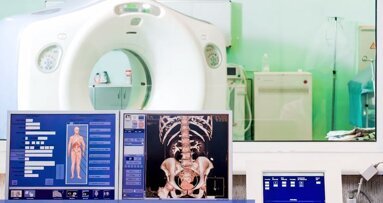
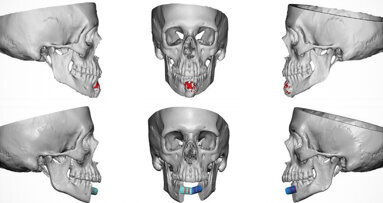








To post a reply please login or register